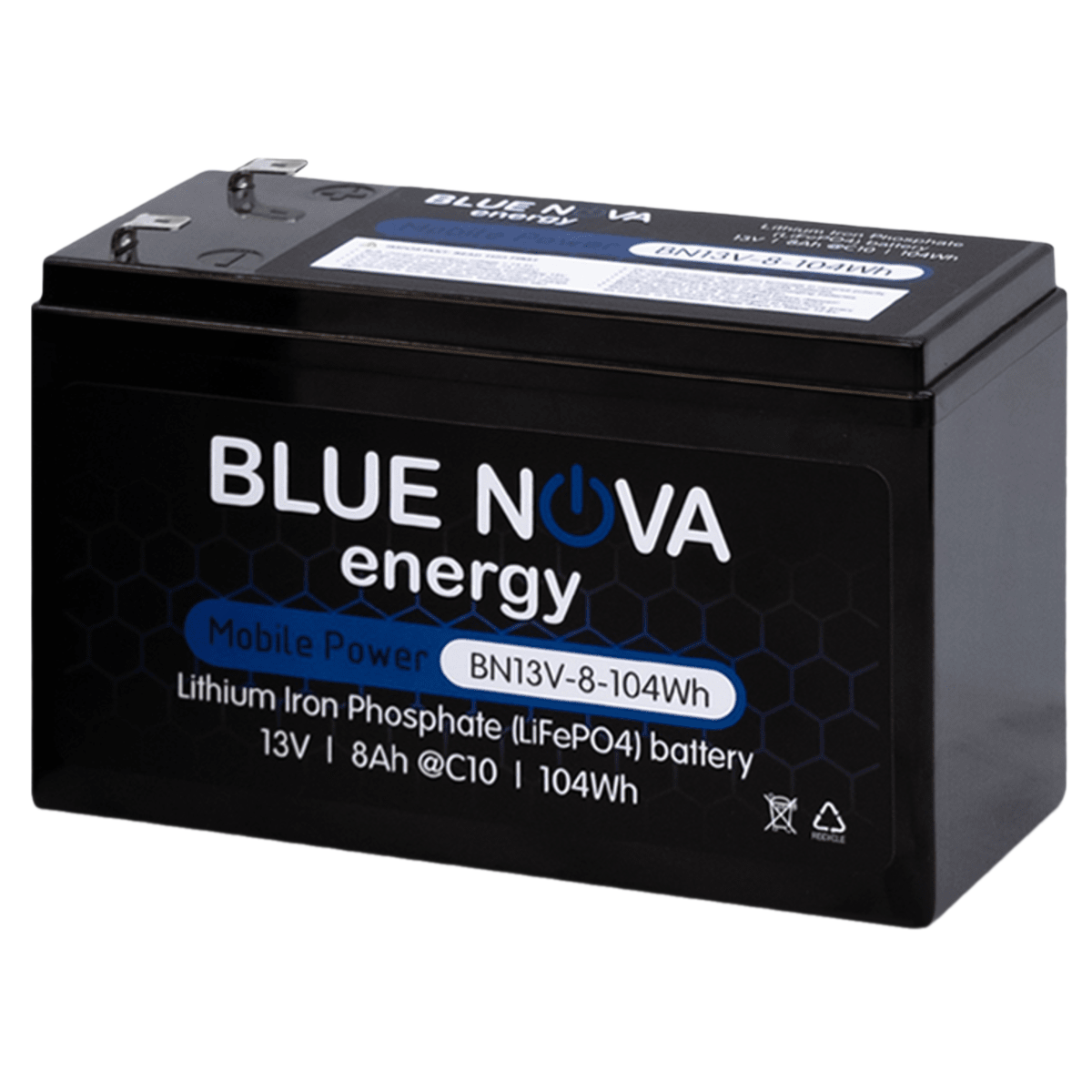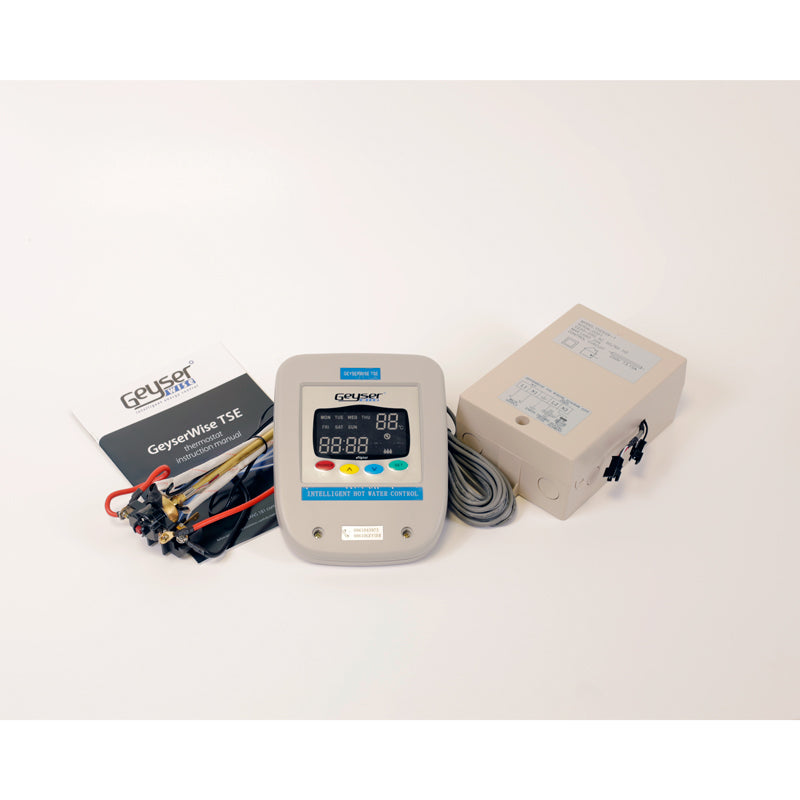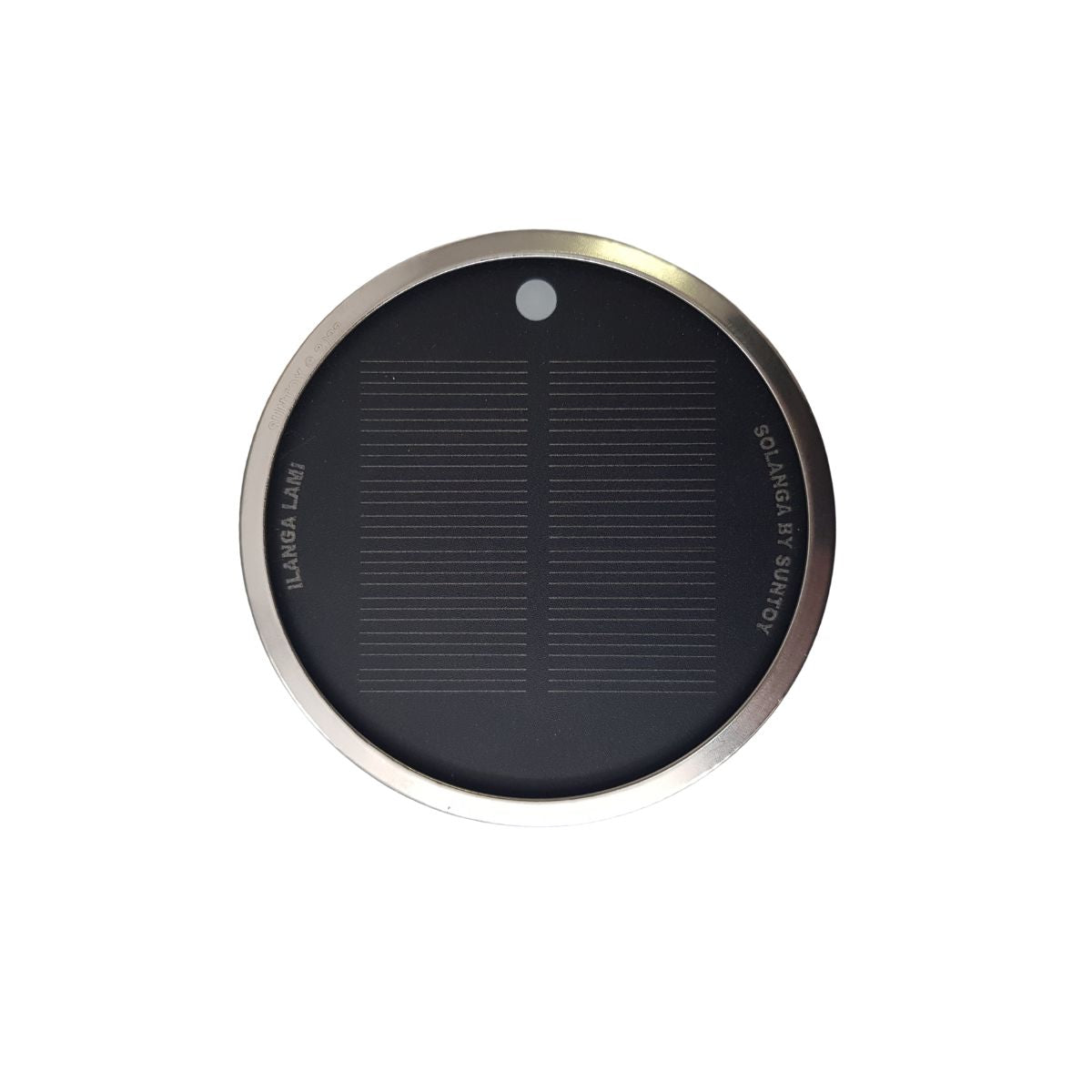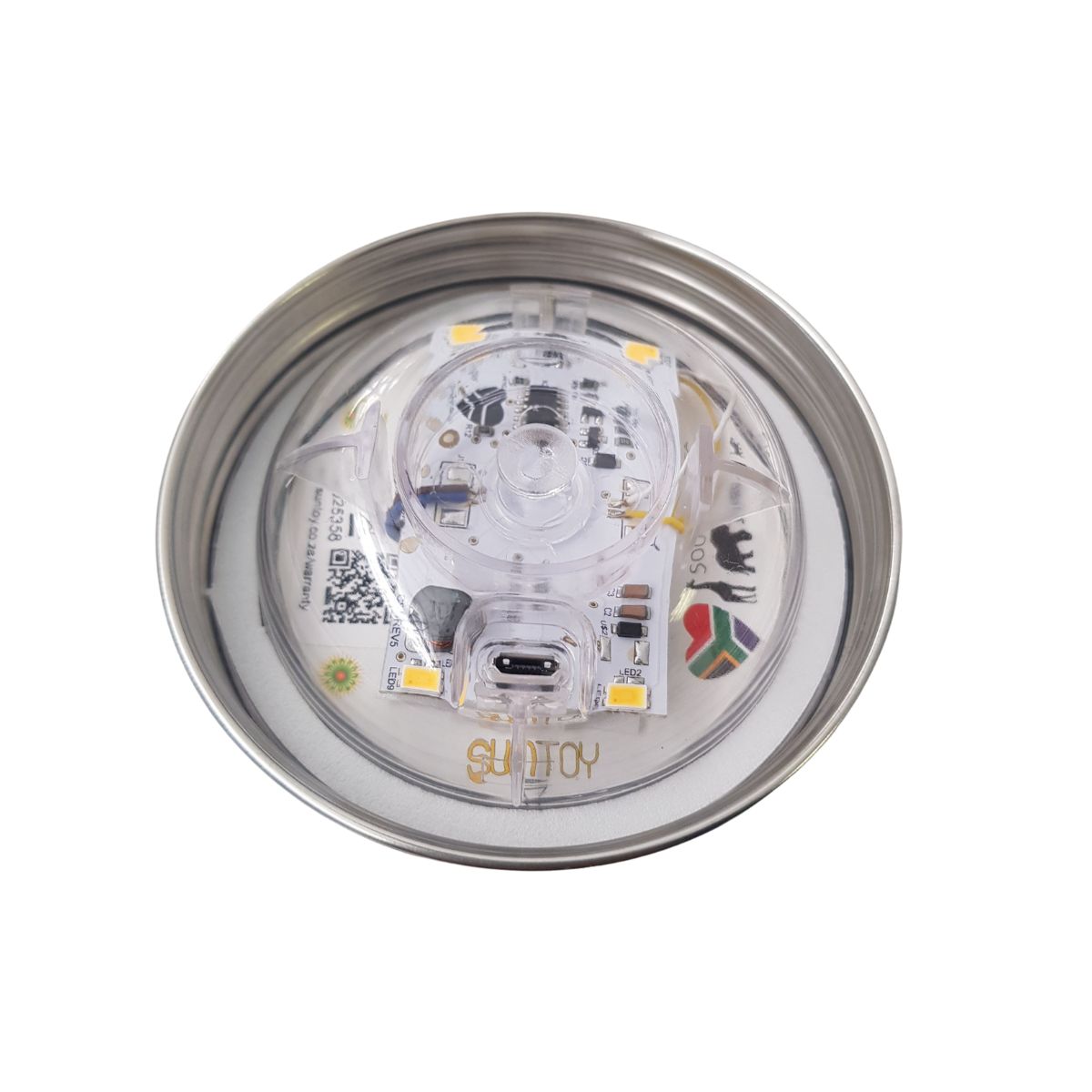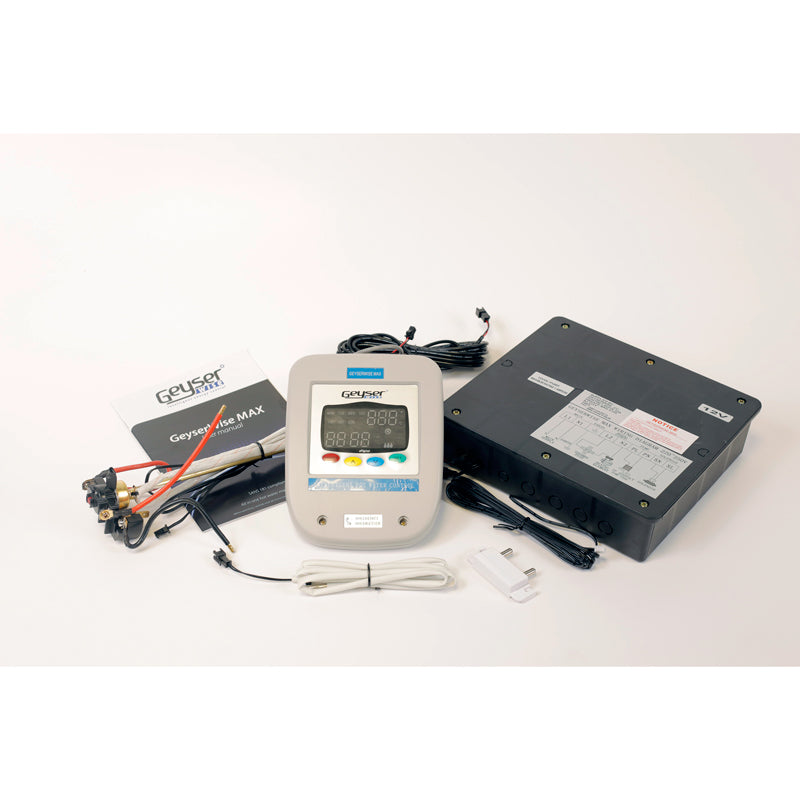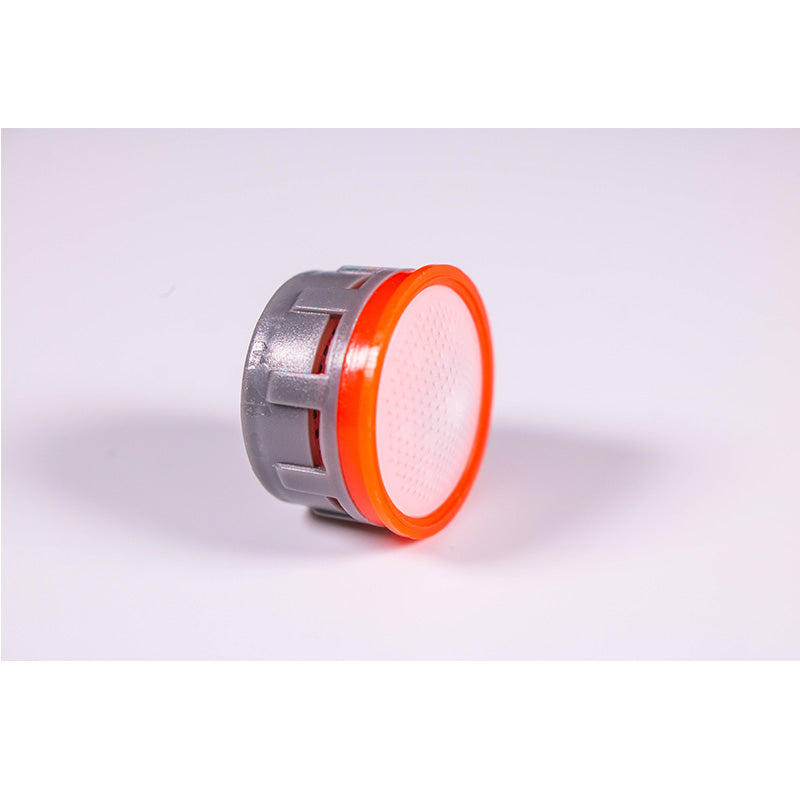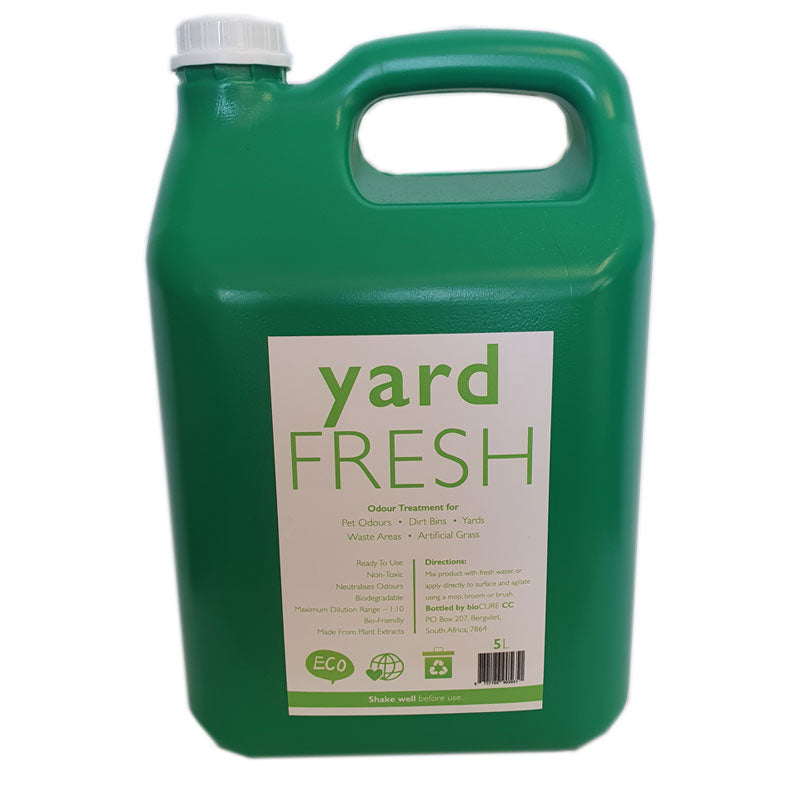Love your Planet - Composting Tips

In a world where environmental issues are becoming more prevalent, it is crucial to take steps towards sustainable living. One simple and effective way to do your part is through composting. Composting not only reduces waste but also nourishes the soil, promotes plant growth, and decreases the need for chemical fertilizers. In this blog post, we will provide you with valuable tips and tricks to help you start composting and contribute to a healthier planet.
Choosing the Right Composting Method:
There are various methods of composting, each suited for different spaces and preferences. If you have a backyard, a traditional compost pile or a compost bin might be the perfect option for you. These allow for larger quantities of organic waste and provide better aeration. If you live in an apartment or have limited space, consider using a compost tumbler or a worm composting system, which are compact and odor-free.
Know What You Can Compost:
Not all waste is suitable for composting. While organic kitchen scraps like fruit and vegetable peels, coffee grounds, and eggshells are ideal, avoid adding meat, dairy products, and oily foods as they may attract pests. Additionally, yard waste such as leaves, grass clippings, and small branches can be included. Be mindful not to add diseased plants o
Achieving the Right Balance:
To create a successful compost pile, a proper balance of nitrogen-rich "green" materials and carbon-rich "brown" materials is crucial. Green materials include fresh grass clippings, fruit and vegetable scraps, and coffee grounds, while brown materials consist of dry leaves, straw, and shredded newspaper. Aim for a ratio of about 2 parts brown to 1 part green to ensure optimal decomposition.
Regular Turning and Moisture:
To accelerate decomposition, it is essential to regularly turn the compost pile or give your compost tumbler a good spin. This aerates the pile and helps distribute moisture and heat evenly, speeding up the breakdown process. Remember to moisten the compost regularly, keeping it damp but not waterlogged, similar to the consistency of a squeezed-out sponge.
Patience and Time:
Composting is a natural process that takes time. It can vary anywhere from a few months to a year, depending on the method used and the conditions. Be patient, and don't get discouraged if you don't see immediate results. Your efforts will pay off in the long run when you're rewarded with nutrient-rich compost to nourish your plants and garden.
Utilizing Compost:
Once your compost has transformed into dark, crumbly material with an earthy smell, it's ready to use. Use it to enrich your garden soil, mix it with potting soil for potted plants, or apply it as a top dressing on your lawn. The compost will not only provide essential nutrients but also improve soil structure, water retention, and overall plant health.
Composting is a simple and effective way to reduce waste, create nutrient-rich soil, and make a positive impact on the environment. By following these tips, you can start composting at home, regardless of the space or resources available to you. Remember, every effort counts when it comes to caring for our planet. Start composting today and join the growing movement towards sustainable living.
